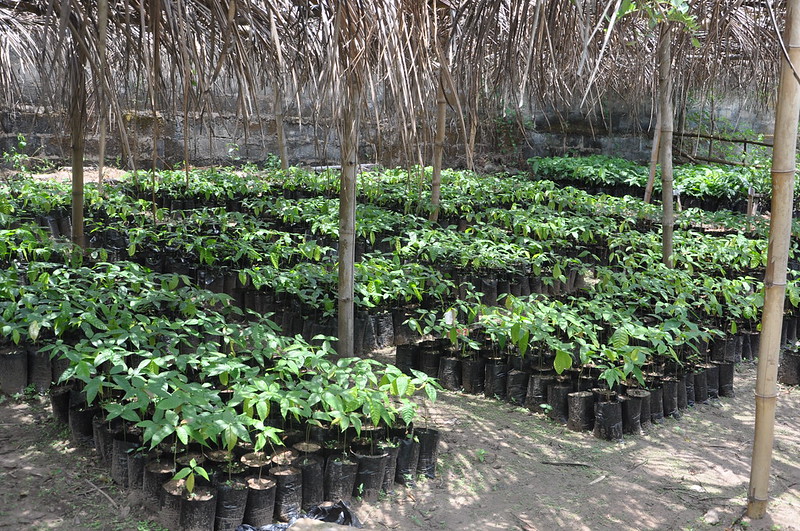
Agroecology is a science, a set of practices, and a series of social movements that is emerging as a credible pathway toward more equitable, resilient, diversified, ecological, and healthy food systems.
Facing complex and interrelated socio-ecological challenges – such as climate change, land and water resources depletion, increasing economic and social inequalities, conflicts, and food insecurity – requires holistic action. As such, agroecology proposes a comprehensive set of principles that reach far beyond the spectrum of conventional ecological agroecosystem management. It encompasses notions such as co-creation of knowledge, social connectedness, responsible governance, and equity and agency, among others, and seeks to build food systems on viable foundations – and to influence the political and social structures that govern them.
Agroforestry and agroecology share considerable common ground, and the nexus between the two is usually brought into focus when practitioners are considering system performance and synergies. Indeed, agroforestry can represent a highly developed form of agroecology, and applying agroecological principles in the design and management of agroforestry systems can significantly enhance their contribution to food system transition.
However, as well as discussing these important connections, this plenary aims to also extendthe scope of the reflections, by exploring how the worlds of agroforestry and agroecology can nurture and learn from each other on cross-cutting issues such as co-design, scaling up, fairness, governance, advocacy, discourse framing, and policy making, to help foster the transition to a viable world.
CIFOR-ICRAF speakers

Swati Renduchintala
Chairs:
Fergus Sinclair, Chief Scientist at CIFOR-ICRAF & Marney Isaac, Professor at the University of Toronto and Canada Research Chair in Agroecosystems and Development
A Yucatec Maya perspective on the interface of agroecology and agroforestry
Francisco Rosado-May, Founding President of the Universidad Intercultural Maya de Quintana Roo
Scaling agroecology through community-based intervention in Andhra Pradesh
Swati Renduchintala, Associate Scientist at World Agroforestry
Engaging women and marginalized groups to develop agroecological landscapes in Vietnam
Mai Phuong Nguyen, Associate Scientist at World Agroforestry
Youth leadership for agroecology and agroforestry
Genna Tesdall, Director of Young Professionals for Agricultural Development
Agroforestry for agroecology: experiences from Tanzania
Janet Maro, Executive Director at Sustainable Agriculture Tanzania
Highlights from the Parallel Session on Agroforestry and Agroecology
Marney Isaac, Professor at the University of Toronto and Canada Research Chair in Agroecosystems and Development















